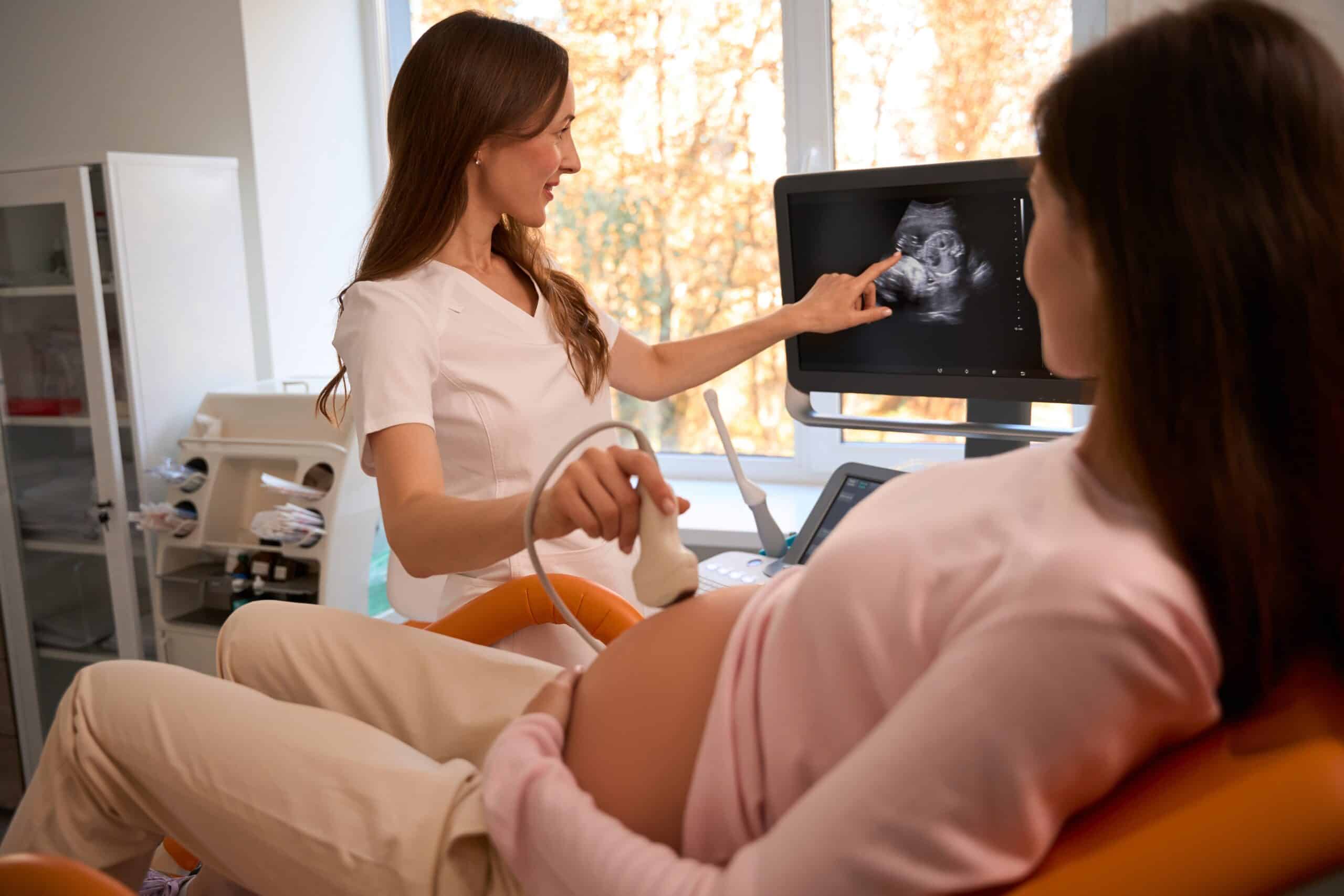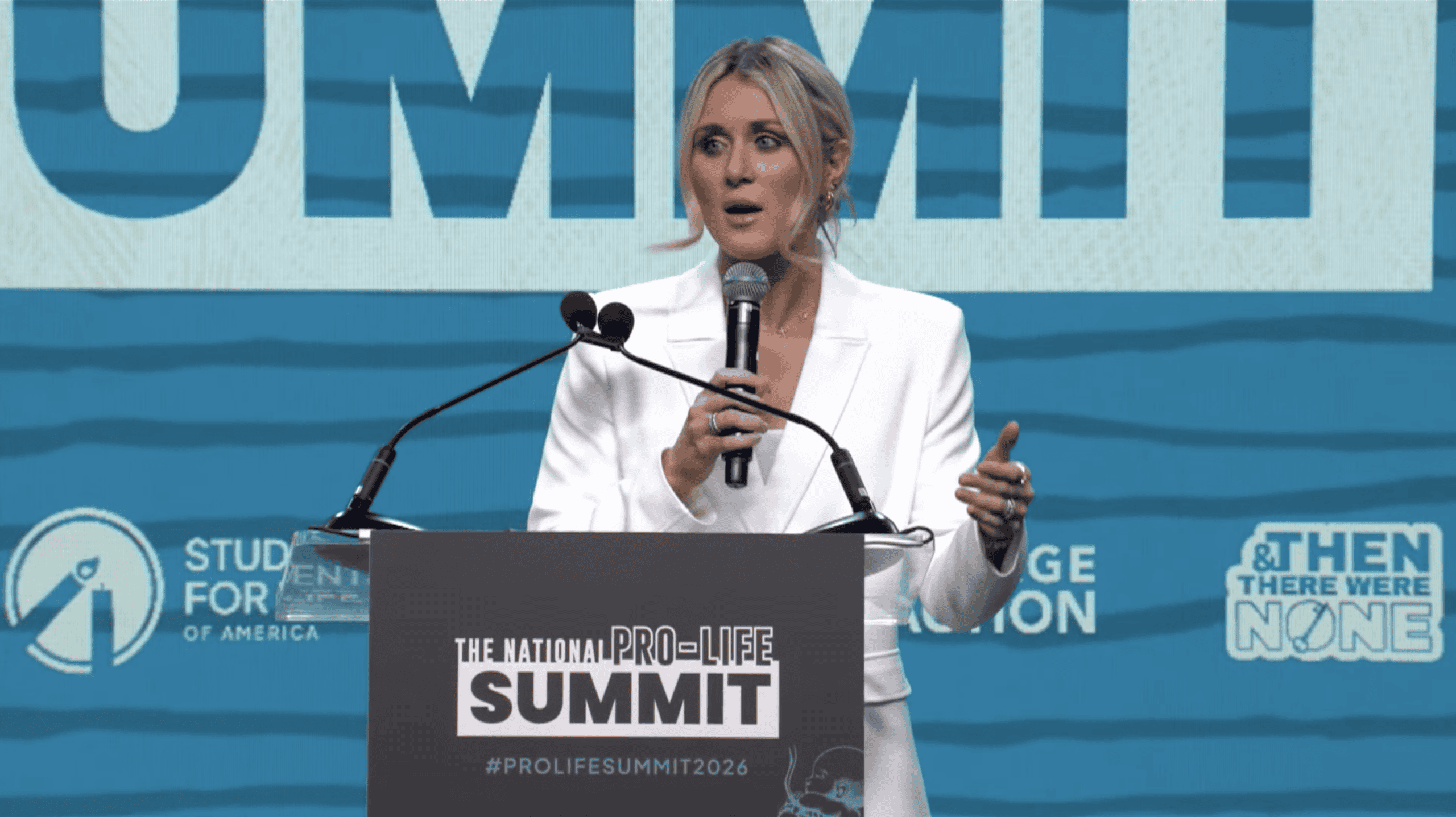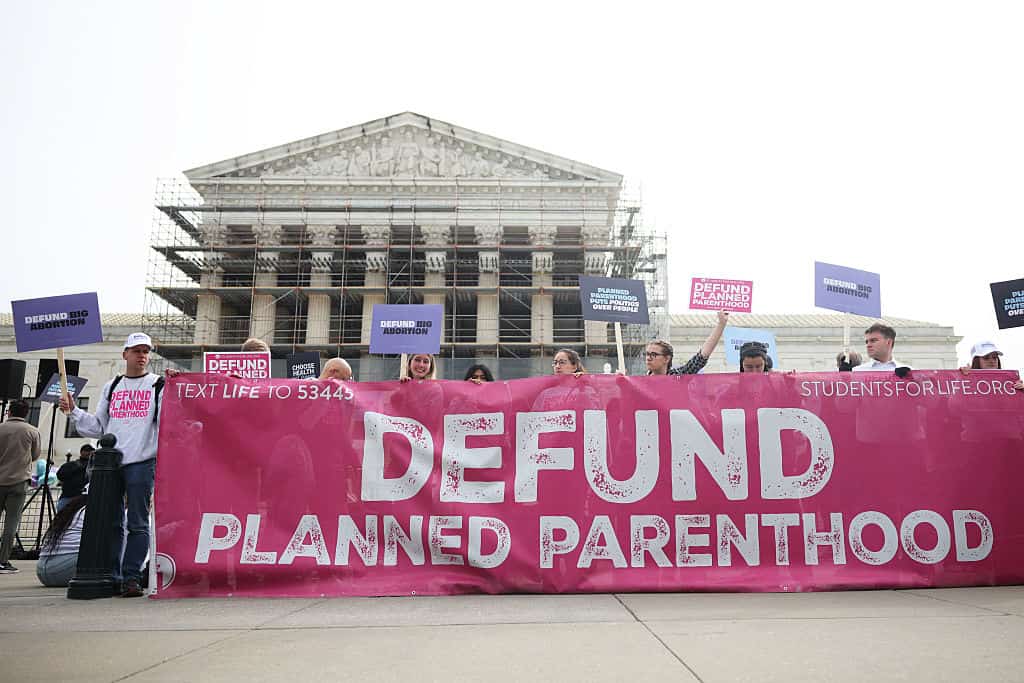Politicians, Doctors, Scientists, Religious Groups and a Half-Million Americans Urge Supreme Court to Uphold Mississippi 15-Week Abortion Ban and Overturn ‘Roe v. Wade’
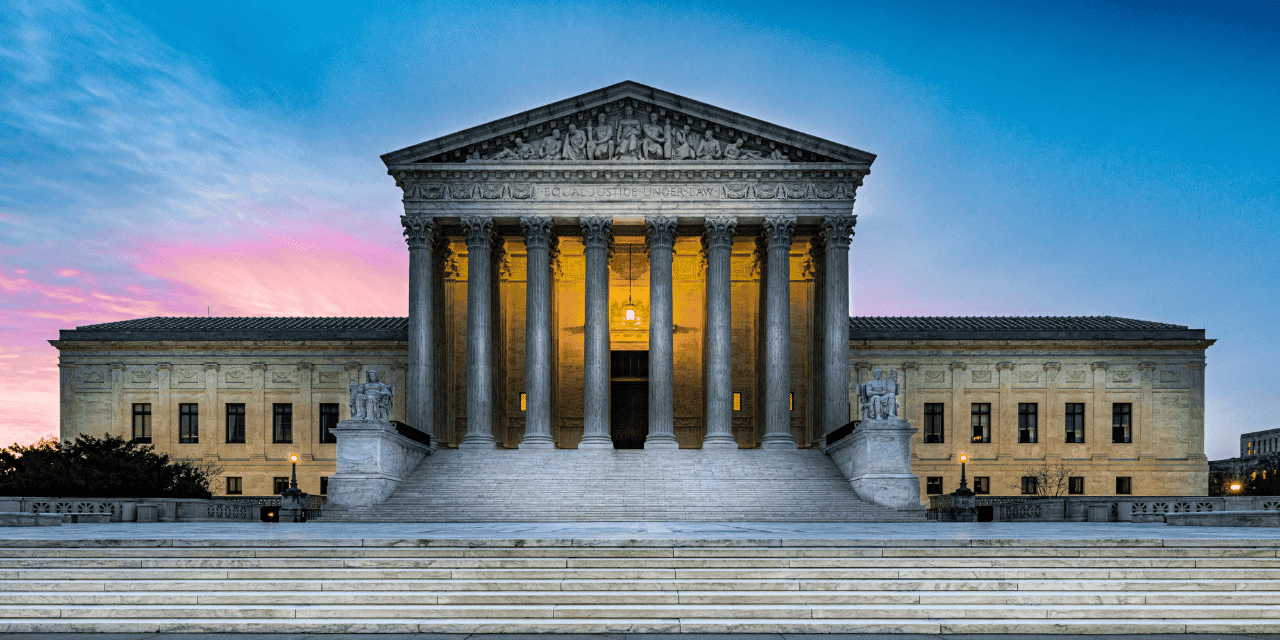
They say you can gauge the importance of any particular case coming before the justices of the U.S. Supreme Court by the number of amicus, aka friend-of-the-court, briefs that are submitted in addition to those of the actual parties to the litigation. If that’s so, then the upcoming fall arguments over Mississippi’s 15-week abortion ban may prove to be the biggest case ever.
Against the backdrop of Roe v. Wade’s possible demise as one potential outcome in this case, over 80 amicus briefs were submitted on the pro-life side of the case before the court deadline earlier this week. If the pro-abortion side manages to meet or exceed those numbers, the case will generate more amicus briefs than the previous high of 157 briefs submitted in United States v. Windsor and Hollingsworth v. Perry in 2012, which involved same-sex marriage issues. Even Obergefell v. Hodges, which imposed same-sex marriage on the country as a constitutional right, only drew 147 amicus briefs in 2014.
Former Vice President Mike Pence’s new organization, Advancing American Freedom, filed a brief arguing that the court should overturn both Roe v. Wade and Planned Parenthood v. Casey, the 1992 abortion decision that re-affirmed Roe’s basic holding. Other amici include three senators, 228 of their colleagues in Congress, 25 states, 321 state legislators from 35 states, another 396 state legislators from 41 states, and 22 state policy organizations.
There are briefs from medical organizations, international scholars, women injured during an abortion, Jews, Catholics, Lutherans, Hispanics, African Americans, and just about every other group that represents a portion of pro-life America. Even the Billy Graham Evangelistic Association submitted an amicus brief.
But the brief that immediately catches your eye is the one filed by Melinda Thybault on behalf of over a half-million Americans who have signed the Moral Outcry petition, which has been collecting signatures for years for the day when the Supreme Court would be faced with the issue of overturning Roe. In the brief, Ms. Thybault informs the justices that the petition signers are convinced that Supreme Court’s abortion cases are a “crime against humanity,” and that Roe and Casey must go.
Do the justices read all those briefs? The answer is “sometimes.” What really happens is that the justices’ law clerks read and excerpt the ones a particular justice might be interested in. Sometimes briefs filed by individuals or organizations with particular expertise actually help with the development of the justices’ thinking, if the case involves technical issues.
In the case of abortion, there are amicus briefs informing the court of medical advancements and biological and medical facts about preborn lives that didn’t exist and weren’t available in 1973 when Roe was decided. Others involve historical analyses of the Constitution with regard to the abortion issue. Sometimes an amicus brief will be mentioned during oral argument, or even in the final decision.
Although the Attorney General and Solicitor General of Mississippi have done a stellar job in defending their state’s 15-week abortion ban, the court can always benefit from hearing facts and arguments presented by other interested individuals and organizations.
No date has been formally set for oral argument in this case. We’ll keep you apprised of developments.
The case is Dobbs v. Jackson Women’s Health Organization.
Photo from Shutterstock.
ABOUT THE AUTHOR

Bruce Hausknecht, J.D., is an attorney who serves as Focus on the Family’s judicial analyst. He is responsible for research and analysis of legal and judicial issues related to Christians and the institution of the family, including First Amendment freedom of religion and free speech issues, judicial activism, marriage, homosexuality and pro-life matters. He also tracks legislation and laws affecting these issues. Prior to joining Focus in 2004, Hausknecht practiced law for 17 years in construction litigation and as an associate general counsel for a large ministry in Virginia. He was also an associate pastor at a church in Colorado Springs for seven years, primarily in worship music ministry. Hausknecht has provided legal analysis and commentary for top media outlets including CNN, ABC News, NBC News, CBS Radio, The New York Times, the Chicago Tribune, The Washington Post, The Washington Times, the Associated Press, the Los Angeles Times, The Wall Street Journal, the Boston Globe and BBC radio. He’s also a regular contributor to The Daily Citizen. He earned a bachelor’s degree in history from the University of Illinois and his J.D. from Northwestern University School of Law. Hausknecht has been married since 1981 and has three adult children, as well as three adorable grandkids. In his free time, Hausknecht loves getting creative with his camera and capturing stunning photographs of his adopted state of Colorado.
Related Posts
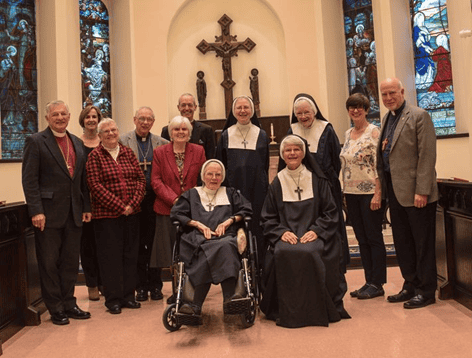
New York Ends Fight to Force Nuns to Pay for Abortions
January 27, 2026

